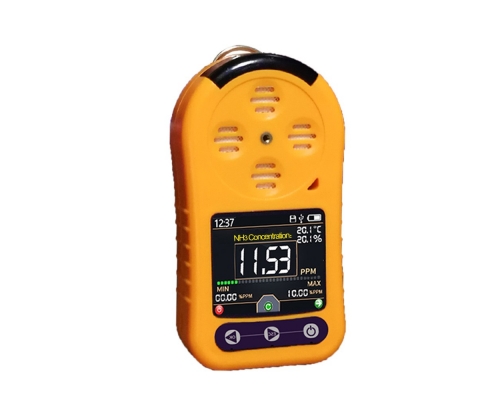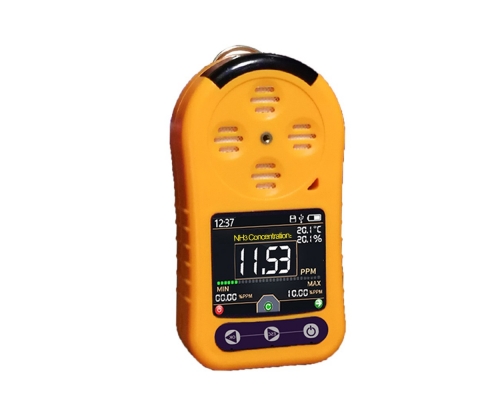
Best CO2 gas meter
A CO2 gas meter for a biological incubator is a gas sensor used to measure the amount of carbon dioxide present in a given environment.

A CO2 gas meter for a biological incubator is a gas sensor used to measure the amount of carbon dioxide present in a given environment.
A CO2 gas meter for a biological incubator is a gas sensor used to measure the amount of carbon dioxide present in a given environment. In the context of this particular tool, the environment is a biological incubator for growing microorganisms. In some cases, it has been installed in the incubator itself for easier use.

CO2 meters for biological incubators are useful tools to accurately measure carbon dioxide concentration within incubators.
CO2 meters for biological incubators are less than $500.
Measuring carbon dioxide concentration with a CO2 gas meter for biological incubators ensures that the correct amount of carbon dioxide is present in the incubator even if the incubator’s calibration system is not working properly.
A CO2 gas meter for biological incubators is a scientific device used to measure the amount of CO2 present in a given environment. In this specific tool’s context, the environment is that of a biological incubator growing microorganisms. In some cases, it is installed within the incubator itself for greater ease of use.
Carbon dioxide is a compound composed of two parts oxygen and one part carbon. It is an essential compound to the biological function and development of many organisms.
In incubators, CO2 serves the important purpose of maintaining the pH present in the incubator to allow for optimal cell growth. Combined with proper humidity and temperature, the controlled presence of CO2 in the incubator allows for key, non-contaminated cell growth.
In an incubator, CO2 levels are measured using a carbon dioxide meter, sometimes referred to as a carbon dioxide analyzer or carbon dioxide monitor. Such meters come in two different forms of gas sensors: a thermal conductivity sensor (T/C) or an infrared (IR) sensor. Thermal conductivity sensors monitor how well heat transfers through a gas while infrared sensors monitor infrared radiation in the given environment.